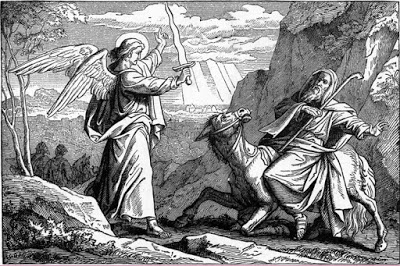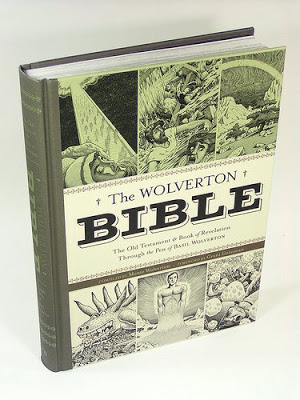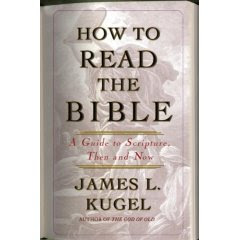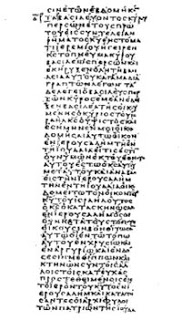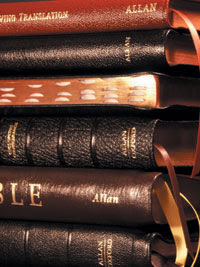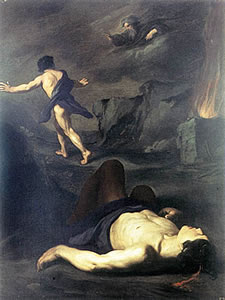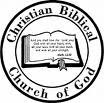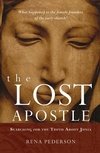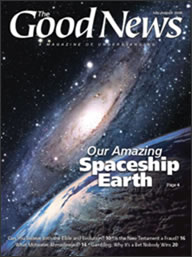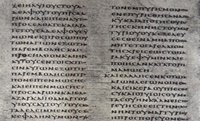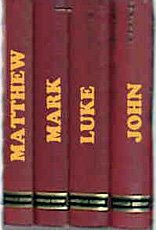 |
| "So where is this bl*%dy sea?" |
I must go down to the sea again,
to the lonely sea and the sky;
I left my shoes and socks there -
I wonder if they're dry?
Spike Milligan
I believe there's another earlier version of that verse, but Milligan is a personal favourite, so let's begin there.
I've been neglectful of Paul Davidson's excellent blog Is That In The Bible? and have only just come across his latest post on that famous biblical body of water, the Sea of Galilee. You know, stormy waters, ships foundering. You find it appearing in our first canonical gospel, Mark.
Davidson has one of those inquiring minds that makes me feel quite dense by comparison. He doesn't blog frequently, but when he does, watch out. His is a voice of reasoned discourse, and he documents his ideas and conclusions with great care. He uses the word "nerdy" in a self-deprecating way, but despite not being in the hallowed academy, he runs rings around those self-serving apologists who have gathered the wagons around to defend the often indefensible.
Anyway, the question in this case is, did the author of Mark just plain invent the Sea of Galilee? It's a question I never considered before, but Paul lays out the evidence. Absolutely intriguing.
to the lonely sea and the sky;
I left my shoes and socks there -
I wonder if they're dry?
Spike Milligan
I believe there's another earlier version of that verse, but Milligan is a personal favourite, so let's begin there.
I've been neglectful of Paul Davidson's excellent blog Is That In The Bible? and have only just come across his latest post on that famous biblical body of water, the Sea of Galilee. You know, stormy waters, ships foundering. You find it appearing in our first canonical gospel, Mark.
Davidson has one of those inquiring minds that makes me feel quite dense by comparison. He doesn't blog frequently, but when he does, watch out. His is a voice of reasoned discourse, and he documents his ideas and conclusions with great care. He uses the word "nerdy" in a self-deprecating way, but despite not being in the hallowed academy, he runs rings around those self-serving apologists who have gathered the wagons around to defend the often indefensible.
Anyway, the question in this case is, did the author of Mark just plain invent the Sea of Galilee? It's a question I never considered before, but Paul lays out the evidence. Absolutely intriguing.

